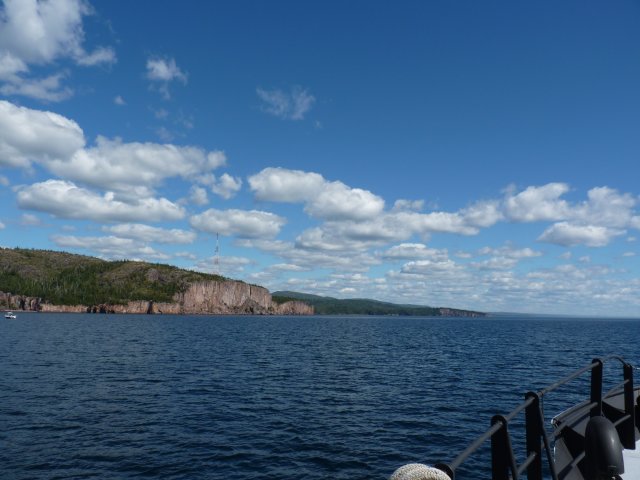Rewriting Coexistence and Sustainable Futures
Published February 29, 2024

Strategies to restore ecosystems are changing to consider humans not only as stressors but as a part of the ecosystem, responsible for building a vibrant and sustainable future. EPA researchers are at the forefront of these efforts, through both their own work and ongoing collaborations with partners and stakeholders.
Last year, the Cooperative Institute for Great Lakes Research (CIGLR) hosted a workshop led by a team of experts from the University of Michigan School for Environment and Sustainability, Healing Our Waters – Great Lakes Coalition, and EPA. This workshop aimed to develop a science, knowledge, and practice-based approach to understanding how environmental restoration in the Great Lakes region contributes to community revitalization. Workshop organizers emphasized incorporating community “dimensions” (place-based knowledge, community capacity and agency), climate change, and Indigenous knowledges into the approach. As a result, they produced a new framework that aims to recast ecosystem restoration as collective action that accounts for human activity to make restoration efforts lasting and fruitful for local communities. A product of this workshop is a report for the Healing Our Waters Coalition (HOW), a collection of national, regional, state, and local organizations focused on water quality and environmental conservation. The report serves as a plan to transform ecosystem rehabilitation by embedding values like equity to ensure that the entire community benefits from restoration efforts.
A key part of the report is a set of recommendations known as SMARTIEs. These are a set of approaches that are Specific, Measurable, Ambitious, Relevant or Realistic, Timebound, Inclusive, and Equitable. The six sets of strategic recommendations can be summarized as:
- Improve collaborative social infrastructure by strengthening boundary spanning organizations.
- Broaden the scope of environmental education through investments in local narrative infrastructure.
- Provide institutional support and funding for Indigenous stewardship methods, concepts, and practices with co-development of metrics.
- Co-develop core social values related to the Great Lakes.
- Create space within Great Lakes programs to better consider community dimensions and invest in community capacity.
- Invest in the research and practice of developing quantitative and qualitative human and environmental well-being indicators and metrics.
Many federal and state agencies, academic institutions and non-government organizations are using or planning to use social science methods to better integrate local communities into new and ongoing projects in the future. EPA research, like the work captured in this report, continues to develop methods and approaches to consider multiple perspectives, worldviews, and ways of knowing in projects, as well as investigate ways of building trust with communities and incorporating their concerns to develop restoration plans that benefit both them and their ecosystems.
Learn more about the report and recommendations at the Healing Our Waters Coalition site.
